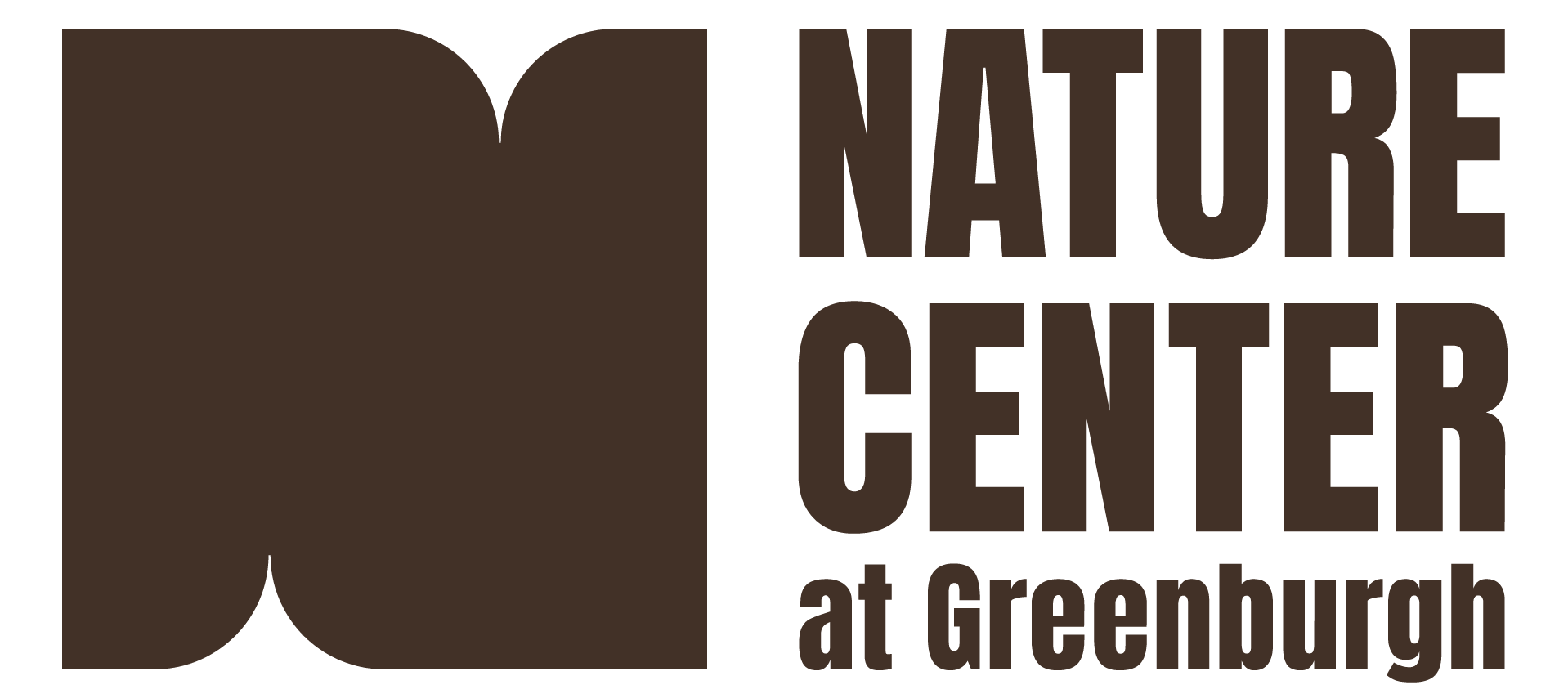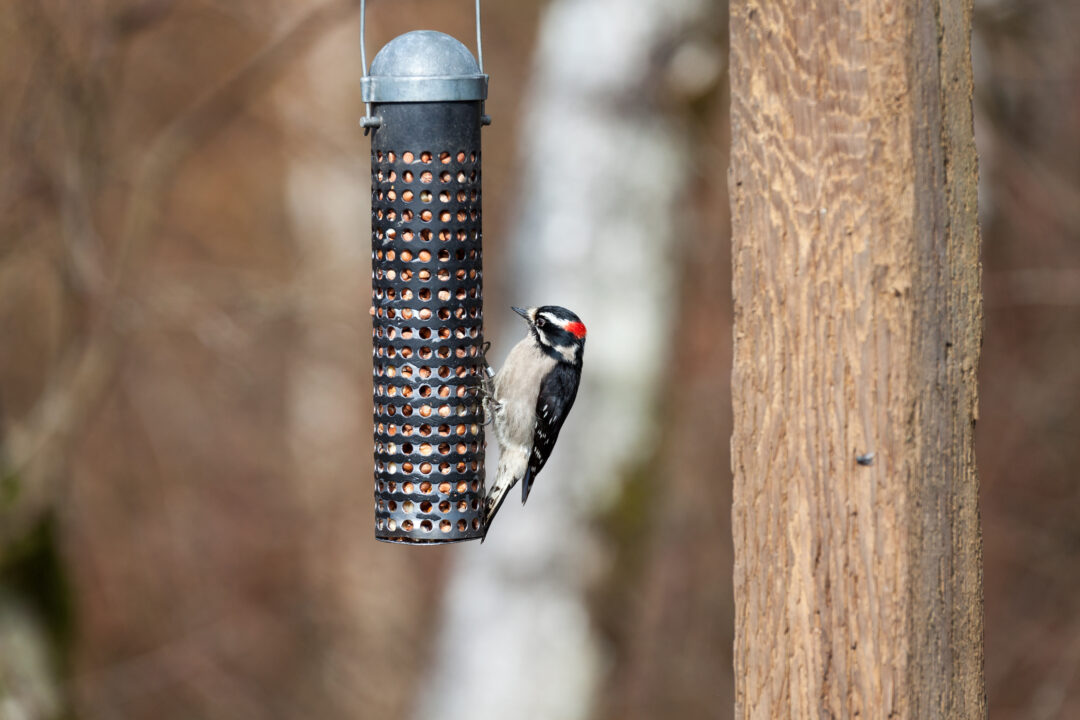Undoubtedly, you have heard about the concerns surrounding Avian Influenza (AKA bird flu). While this current strain, known as H5N1, was first detected in February of 2022, it is the recent rise in bird deaths and transmission to other livestock that has officials concerned. Many of us being bird enthusiasts, but not wanting to make matters worse, may be wondering if it is still safe to continue feeding our backyard birds. The answer depends on your specific location and understanding all the facts will help you make an informed decision.
Who is at risk of bird flu?
All birds can contract avian influenza. Waterfowl such as ducks, geese, swans, and gulls exist as a natural reservoir for the bird flu where the virus can multiply and continue to reproduce, sometimes without showing symptoms in the host birds before being passed onto the next host. The disease is spread by mucus, feces and saliva of infected birds, and transferred through ingestion or inhalation. As the numbers of cases have surged globally, public health officials are concerned about the virus’ ability to spread to mammals. In very rare cases humans can contract the disease.
While many different kinds of wild birds have been drastically affected by the outbreak, especially waterfowl and birds of prey, some birds are far less likely to contract and spread bird flu than others. According to a survey conducted over the last several years by the United States Department of Agriculture Animal and Plant Health Inspection Service (USDA APHIS), an agency responsible for animal health and welfare, it is currently rare for songbirds, doves, and other common “feeder birds” to transmit avian influenza.
Should we be concerned about our feeders?
According to the New York State Department of Health, it is generally safe to keep feeding your backyard birds. So, we can continue to feed the birds! While it is uncommon for songbirds to contract and transmit the virus, there are still some good rules of thumb to follow when it comes to bird feeder hygiene. These practices can help keep us and our wild bird friends safe, even when bird flu is not present.
To start, if you keep backyard poultry (chickens, ducks, geese etc.) it is recommended that you do not have a wild feeder in close proximity to your own birds. If your birds are completely free range on your property, avoid having bird feeders at all during this time of recent bird flu cases. Since poultry is highly sensitive to the bird flu, it is generally better to err on the side of caution for the safety of you and your flock.
Always wash your hands after handling your feeders, baths, or anything that birds regularly come in contact with. Our backyard birds are wild animals and bird flu is just one of the many diseases they carry that could potentially harm humans. Avoid touching your nose, mouth, and eyes when handling things that might have had contact with feces or saliva, wear gloves, and thoroughly wash up after with soap and water.
Try to disinfect and clean out feeders and baths regularly with biodegradable soaps, castile soap, or vinegar that is non-toxic to birds. When you leave out communal bird resources like feeders or baths, for the health of all the local birds that regularly use them, this should be done every two weeks to once a month. Not only can this prevent the spread of disease, but it can also control other factors like bacteria, algae, mold, or mildew that could build up over time and harm the birds. Regularly change the water in your bird baths and consider wearing gloves and a mask when scrubbing bird feces.
How can we help out our bird neighbors?
If you decide to feed your local birds, fill your feeders consistently at the correct times of year, such as mid-late winter and early spring, when resources are scarce. Avoid abruptly discontinuing feeding birds during a season of scarce resources, especially if you have been consistently feeding them already. Birds that have grown to rely on your seed throughout the winter can suffer when you remove their regular food source.
If you do not feel like you can keep up with the regular maintenance of filling and cleaning your feeder, or if you are aware of neighborhood cats that regularly pass through your yard, consider skipping feeding next season. It can be better for your local birds to find their own food sources and avoid potential predation than become dependent on an inconsistent food source and potentially run into a fatal encounter.
If you encounter a sick, injured or dead bird, do not touch it and consider calling your local wildlife resources or animal control. In the case that you must move a bird, wear thick gloves and a mask. Do not bring any wildlife into your home for both the safety of you and the animal.
If you ever have concerns about topics of bird health or want more information on avian influenza, check out the available resources at USDA.gov or contact the New York State Department of Health.

